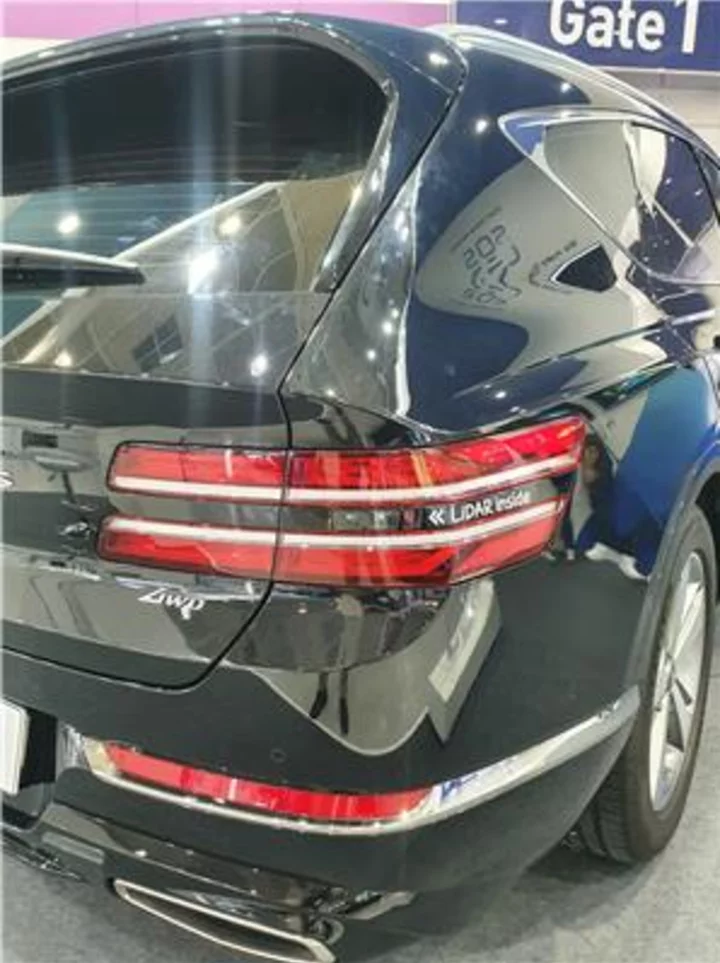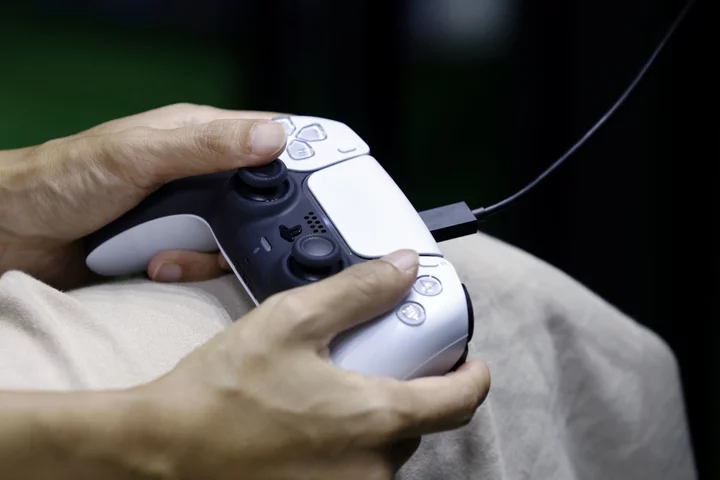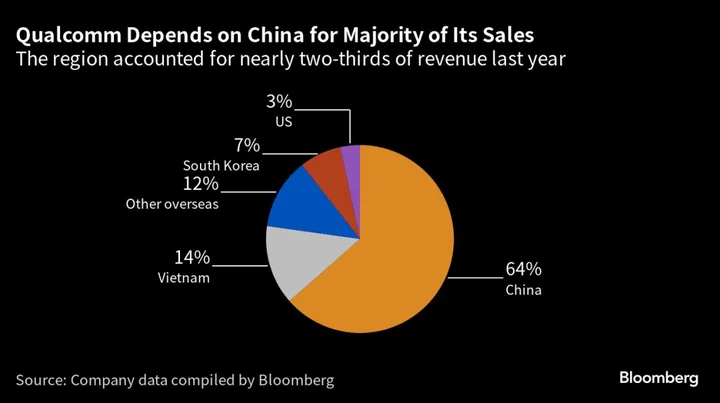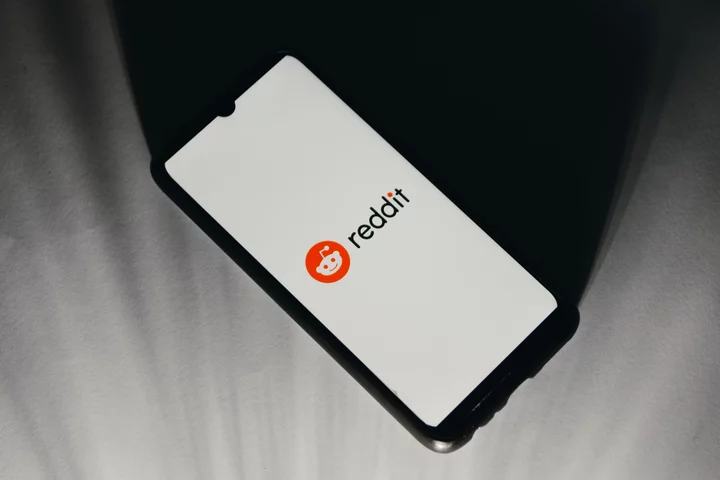
Motorola Moto Edge+ (2023) Review
Motorola has carved out a niche for itself as a company that makes quality affordable
2023-05-25 21:23

Thailand to receive $8.5 billion worth of investment from AWS, Google, Microsoft
BANGKOK Thailand will receive 300 billion baht ($8.46 billion) worth of investment from Amazon Web Services, Google and
2023-11-15 14:26

Token Loyalty Card DMCC Proudly Presents Cleopatra, the World's First Multi-Branded Web3 Loyalty Club
DUBAI, United Arab Emirates--(BUSINESS WIRE)--Jul 5, 2023--
2023-07-06 00:29

Sunak Dilutes Green Agenda, Delays UK Ban on New Petrol Cars
Prime Minister Rishi Sunak diluted key parts of his UK government’s green agenda, including pushing back a ban
2023-09-21 00:54

Walmart's Deals Holiday Kickoff event is set for an October debut: Here's everything you need to know
Amazon's next Prime Day may be right around the corner, but the mega-retailer isn't the
2023-09-21 00:25

Auto safety regulators propose requiring automatic braking in cars
The National Highway Traffic Safety Administration proposed new rules this week that would require that new cars be equipped with automatic emergency braking with pedestrian detection.
2023-06-01 23:55

Piracy-loving Twitter Blue users exploit new 2-hour video limit
After attempts to turn Twitter into a full-fledged subscription platform have failed, Twitter owner Elon
2023-05-19 05:51

SOSLAB Enhances Strategic Cooperation with Global Automotive Lamps Maker SL Corporation
SEOUL, South Korea--(BUSINESS WIRE)--May 30, 2023--
2023-05-30 21:19

Microsoft-Activision Game Deal Will ‘Damage’ PlayStation, Sony Executive Says
Microsoft Corp.’s acquisition of Activision Blizzard Inc. will deliver a blow to Sony Group Corp’s console business and
2023-06-28 04:25

Get a 3-month stackable subscription to the entire Adobe Creative Cloud Suite for under $30
TL;DR: As of June 2, get a three-month subscription to Adobe Creative Cloud Apps for
2023-06-02 17:54

The iPhone 15 Pro Max may not be easy to get this year. Here's why.
Demand plus production delays means it might be tougher for Apple users to get their
2023-09-19 00:24

FedEx Launches FedEx® Sustainability Insights for Customer Emissions Tracking
MEMPHIS, Tenn.--(BUSINESS WIRE)--May 24, 2023--
2023-05-24 21:58
You Might Like...

Activist investor Nelson Peltz boosts Disney stake, seeks board seats - WSJ

Qualcomm Gives Weak Forecast, Signaling Phone Slump Will Drag On

Fast fashion firms prepare for EU crackdown on waste mountain

Techary Appoints New Non-Executive Director, Michael Warren

Reddit Blackout: CEO downplays protest. Subreddits vow to keep fighting.

Uganda Sees Climate Finance Needs at $28 Billion Through 2030

Yellen Pushes Treasury, World Bank to Fuller Climate Reckoning

Better than AI? The UK police who never forget a face
